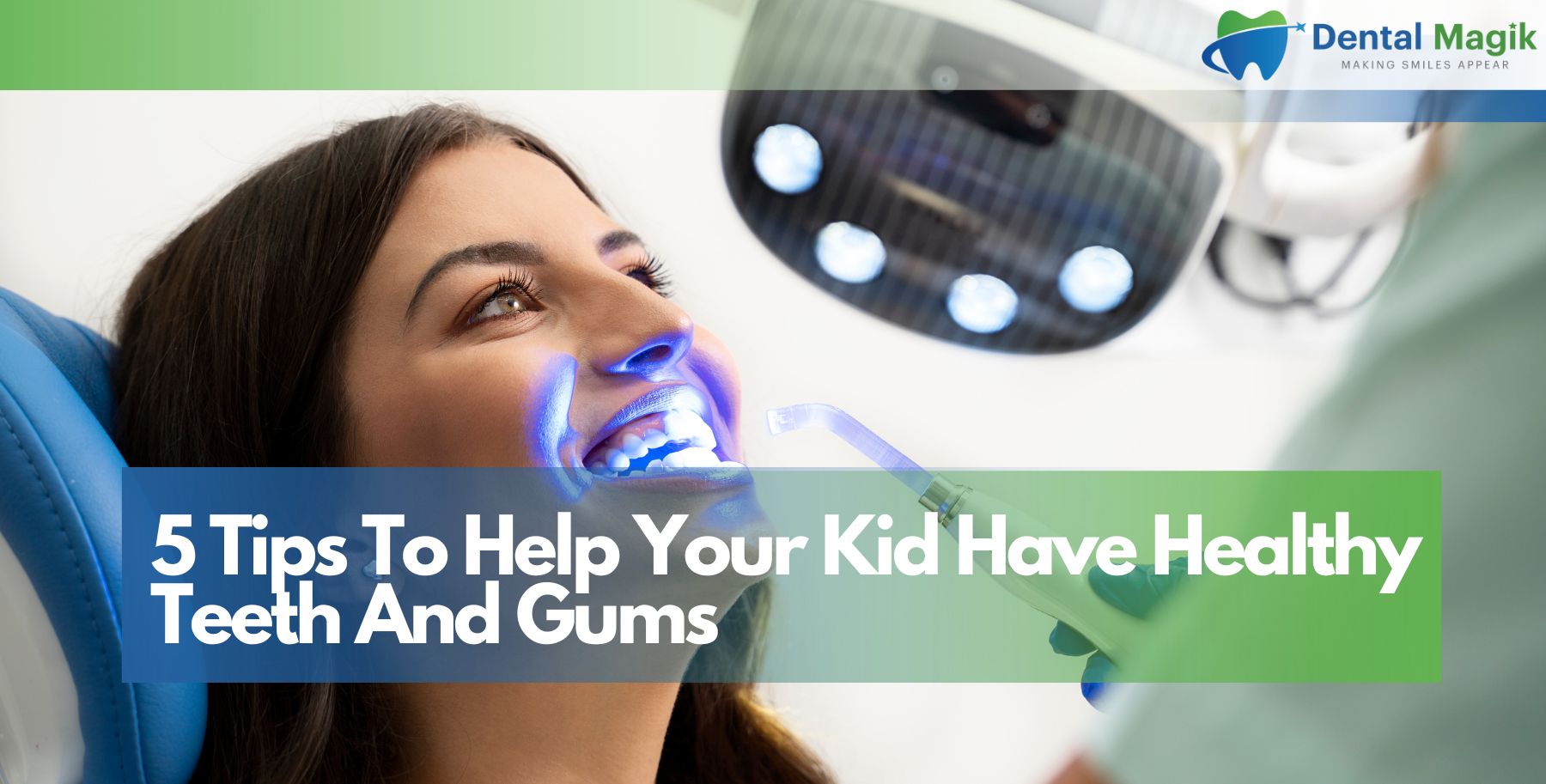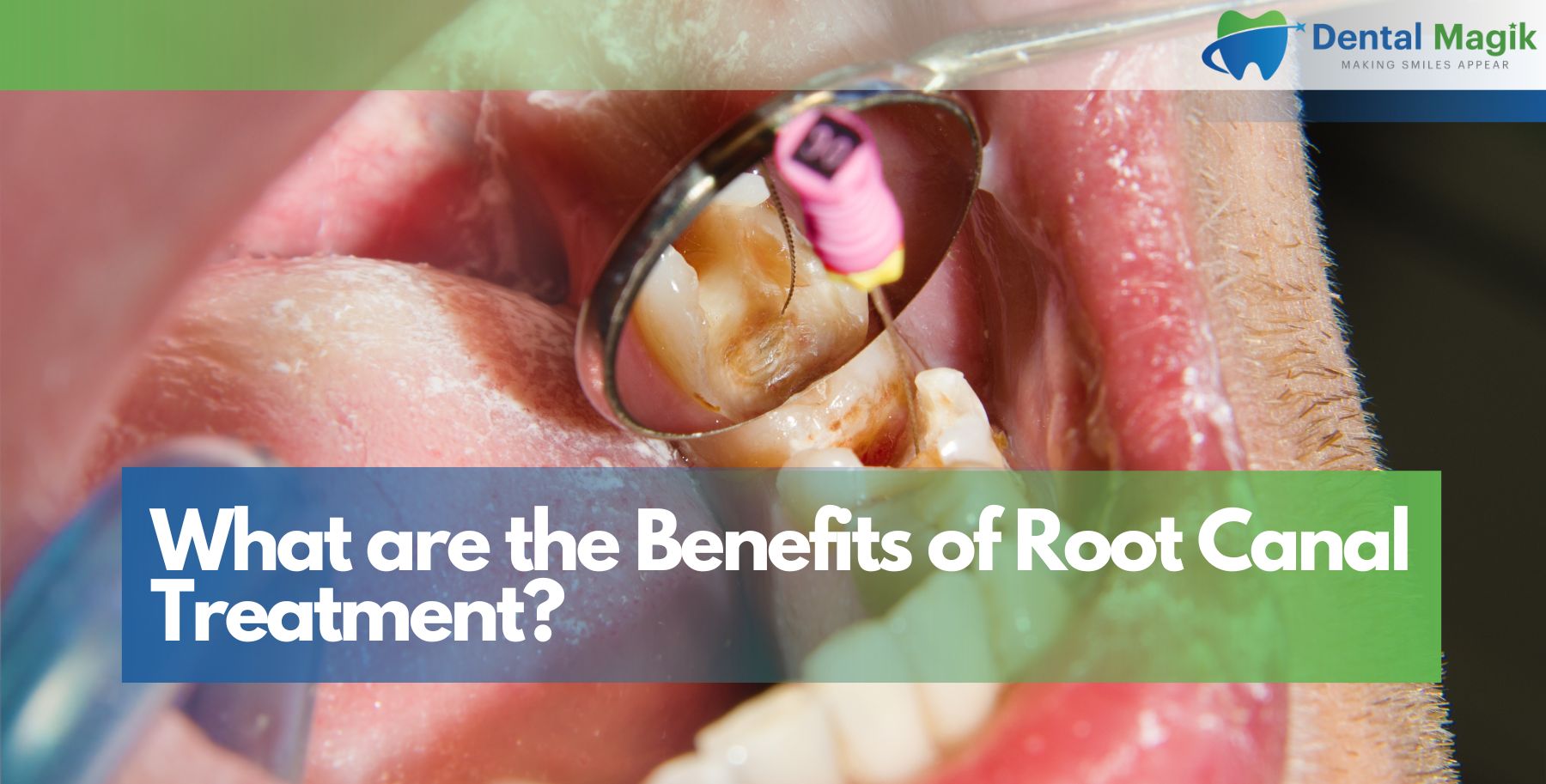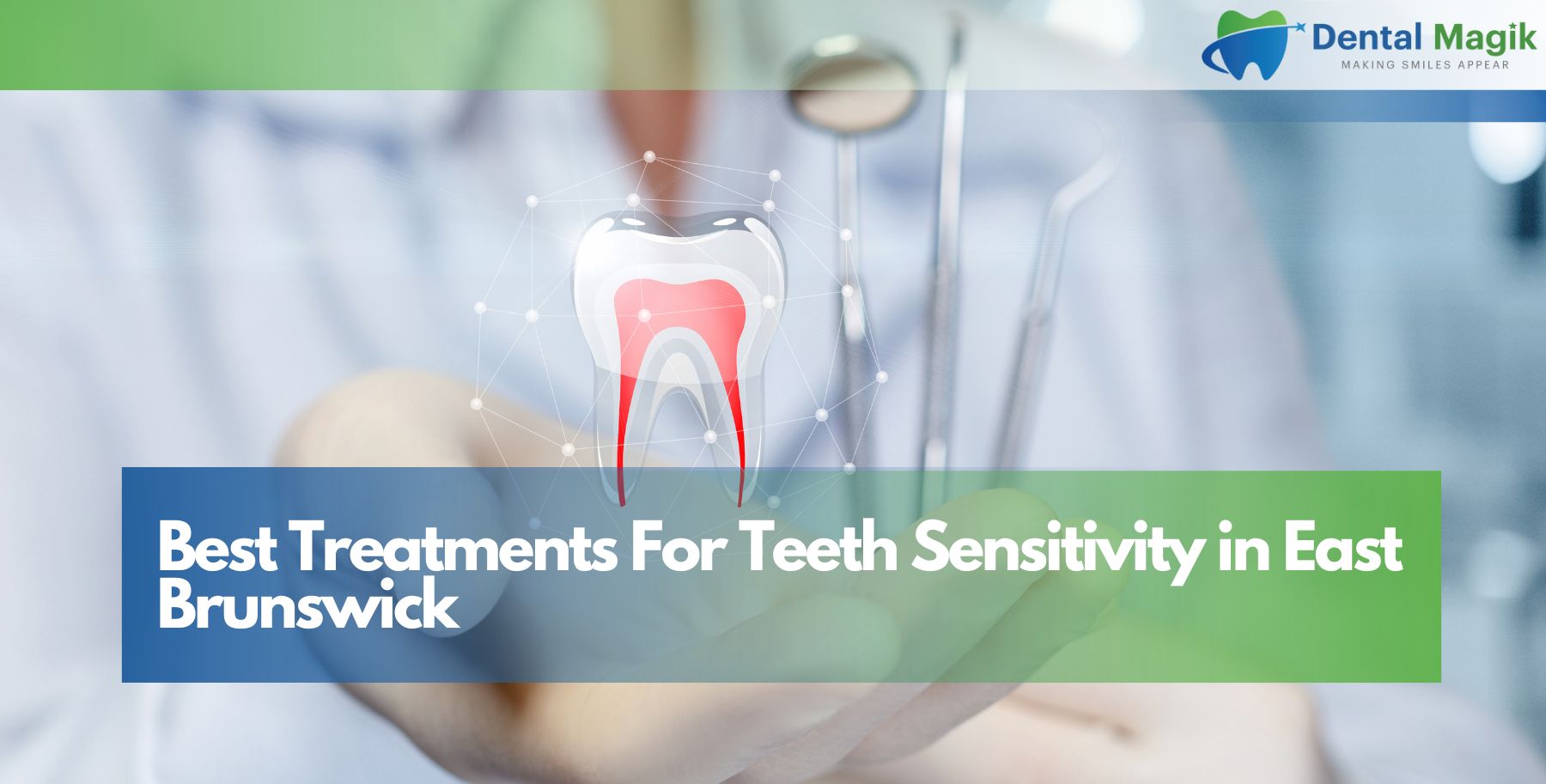Your smile is one of your most powerful tools for making a great first impression. Unfortunately, chips, cracks, stains, or gaps in your teeth can take a toll on your confidence. Thankfully, dental bonding offers a quick, cost-effective, and transformative solution to help you regain your radiant smile. If you’ve been searching for a non-invasive way to enhance your teeth, dental bonding might be the perfect choice for you. Read on to learn more about this fantastic treatment and how it can help you.
What is Dental Bonding?
Dental bonding, also known as tooth bonding, is a cosmetic dental procedure that uses a tooth-colored composite resin to repair minor imperfections in teeth. The material bonds to the tooth’s surface and is skillfully shaped and polished to match the surrounding teeth, ensuring a natural-looking result.
Understanding the Material Used in Dental Bonding
The composite resin used in dental bonding is a durable and versatile material. It’s composed of a blend of plastic and fine glass particles, giving it both strength and the ability to mimic the natural appearance of enamel. Dentists can customize the shade and shape of the resin, ensuring that it blends seamlessly with your natural teeth.
Applications of Dental Bonding
Dental bonding is an adaptable treatment that can address various dental concerns, including:
- Chipped or Cracked Teeth: Minor damage to your teeth can be effectively concealed with bonding, restoring both appearance and function.
- Stubborn Discoloration or Stains: For stains that don’t respond to whitening treatments, bonding provides a long-lasting solution.
- Gaps or Spaces Between Teeth: Bonding can close small gaps, creating a more uniform and attractive smile.
- Misshapen Teeth: If a tooth is uneven or shorter than its neighbors, bonding can correct its appearance.
- Worn-Down Edges: Over time, teeth can wear down. Bonding restores their original shape and strength.
Dental bonding is a quick, painless procedure that typically requires only one visit to your dentist, making it a convenient option for busy individuals.
The Benefits of Dental Bonding
Dental bonding offers several benefits that make it a popular choice for smile enhancement. Let’s delve deeper into why many people choose dental bonding over other cosmetic dental procedures:
Affordable Smile Makeover
Compared to veneers or crowns, dental bonding is a more budget-friendly option while still delivering impressive results. Whether you’re addressing a single tooth or multiple imperfections, bonding offers significant value for money.
Quick and Convenient
Most dental bonding treatments can be completed in under an hour per tooth, making it a time-efficient choice. You can often leave the dental office with a transformed smile in just one appointment.
Minimally Invasive Procedure
Unlike crowns or veneers, dental bonding usually doesn’t require removing a significant amount of enamel, preserving your natural tooth structure. This non-invasive approach minimizes discomfort and reduces the need for anesthesia.
Natural-Looking Results
The composite resin is carefully matched to your teeth’s color and texture, creating a seamless look. Your bonded teeth will look so natural that no one will be able to tell you’ve had dental work done.
Versatility
Dental bonding can address a wide range of cosmetic and minor functional concerns, making it a go-to treatment for various dental issues. Whether you need to repair a chip, fill a gap, or reshape a tooth, bonding can deliver the results you’re looking for.
Boosted Confidence
With a brighter, more even smile, you can feel confident in social and professional situations. Many patients report a significant improvement in self-esteem after their dental bonding treatment.
The Dental Bonding Process
Wondering what to expect during your dental bonding appointment? Let’s take a detailed look at each step of the process:
Consultation and Planning
During your initial consultation, your dentist will examine your teeth and discuss your goals. They’ll determine if dental bonding is the best option for you and may take X-rays or digital impressions to plan the treatment. This step ensures that the final results align with your expectations.
Preparation
One of the best aspects of dental bonding is that it requires little to no preparation. Anesthesia is rarely needed unless the bonding is used to fill a decayed tooth or repair a chip near the gumline. The tooth surface is cleaned thoroughly to ensure the resin adheres effectively.
Application of Composite Resin
Your dentist will select a resin shade that closely matches your natural teeth. Next, the tooth surface is lightly etched, and a conditioning liquid is applied to ensure the resin adheres securely. This step is crucial for creating a strong bond between the tooth and the composite material.
Shaping and Sculpting
The dentist applies the composite resin to the prepared tooth, skillfully molding and shaping it to achieve the desired look. This step requires precision and artistry to ensure the bonded tooth blends seamlessly with your smile. Dentists often use tools and their expertise to sculpt the resin into a natural tooth shape.
Curing and Polishing
Once the resin is perfectly shaped, a special curing light is used to harden the material. Finally, the bonded tooth is polished to match the sheen of your natural teeth. The polishing process ensures a smooth surface, reducing the risk of staining or plaque buildup.
How to Care for Bonded Teeth
Taking care of your bonded teeth is essential to ensure their longevity. Follow these tips to maintain your beautiful smile:
Maintain Excellent Oral Hygiene
Brush your teeth at least twice a day with a fluoride toothpaste and floss daily. Regular cleaning helps prevent decay and keeps your bonded teeth looking their best.
Avoid Staining Foods and Drinks
Composite resin can stain over time, so minimize your intake of coffee, tea, red wine, and tobacco. If you do consume these, rinse your mouth with water afterward.
Be Gentle with Your Teeth
Avoid biting on hard objects like ice, pens, or fingernails, as these can chip the bonded material. If you grind your teeth at night, consider using a nightguard to protect your dental work.
Regular Dental Check-Ups
Visit your dentist every six months for professional cleanings and check-ups. Your dentist will monitor the condition of your bonded teeth and address any concerns early on.
Who is a Candidate for Dental Bonding?
Dental bonding is an excellent option for individuals looking to address minor cosmetic concerns. Let’s explore who might benefit from this treatment:
Healthy Teeth and Gums
Dental bonding works best on individuals with good oral health. If you have untreated decay or gum disease, these issues must be addressed before bonding can be performed.
Cost-Effective Smile Enhancement
If you’re seeking a budget-friendly solution to improve your smile, dental bonding is a great choice. It’s ideal for those who want noticeable results without a significant financial investment.
Minor Imperfections
Bonding is perfect for correcting small flaws such as chips, gaps, or discoloration. For more extensive damage, your dentist may recommend other treatments like crowns or veneers.
Why Choose Dental Bonding Over Other Cosmetic Treatments?
While there are many options for improving your smile, dental bonding stands out for its simplicity, affordability, and versatility. Here’s how it compares to other treatments:
Versus Veneers
Veneers require more preparation and cost significantly more than bonding. However, veneers are more durable and resistant to stains. Bonding is a great alternative for those seeking a less invasive and more affordable option.
Versus Crowns
Crowns cover the entire tooth and are used for more severe cases of damage. Dental bonding is less invasive and ideal for minor issues. Crowns may be better for teeth that are structurally compromised.
Versus Teeth Whitening
While whitening improves discoloration, bonding can also fix structural issues, such as chips or gaps. Bonding offers a more comprehensive solution for those looking to enhance both color and shape.
How Long Does Dental Bonding Last?
With proper care, dental bonding can last anywhere from 3 to 10 years. The longevity of the treatment depends on factors like oral hygiene, diet, and habits such as teeth grinding. Regular dental visits and good oral care practices will help extend the life of your bonded teeth.
Factors Affecting Durability
- Diet: Avoiding excessive sugar and acidic foods can help protect your bonded teeth.
- Habits: Chewing on hard objects or using your teeth as tools can reduce the lifespan of dental bonding.
- Professional Maintenance: Regular polishing and touch-ups by your dentist can prolong the results.
Learn More: Cosmetic Dentistry in East Brunswick, NJ
Conclusion
Dental bonding is a fantastic way to brighten your smile and boost your confidence. Whether you’re dealing with minor chips, discoloration, or gaps, this quick and affordable treatment can help you achieve a flawless smile. At Dental Magik, we specialize in providing high-quality cosmetic dentistry services tailored to your unique needs. If you’re ready to transform your smile, don’t hesitate to visit our clinic. Our team of experts is here to help you every step of the way. Looking for a Dentist in East Brunswick, NJ? Visit us today and let us help you achieve the smile of your dreams.
FAQs About Dental Bonding
Is dental bonding painful?
No, dental bonding is a painless procedure
Is dental bonding a permanent solution?
Dental bonding is not permanent but can last 5 to 10 years or more with proper care. Factors like oral hygiene, diet, and habits (e.g., teeth grinding) affect its longevity.
Does dental bonding hurt?
Dental bonding is typically painless. In most cases, no anesthesia is required unless the bonding is used to fill a cavity.
Can dental bonding stain over time?
Yes, the resin material used in dental bonding can stain over time, especially if you consume staining substances or smoke. Practicing good oral hygiene helps delay discoloration.
Is dental bonding suitable for everyone?
Dental bonding is ideal for minor cosmetic adjustments. It may not be the best choice for severe dental issues, which might require crowns, veneers, or orthodontics.
Can dental bonding be repaired or replaced?
Yes, damaged or discolored bonding can be repaired or replaced. Consult your dentist for an assessment.







